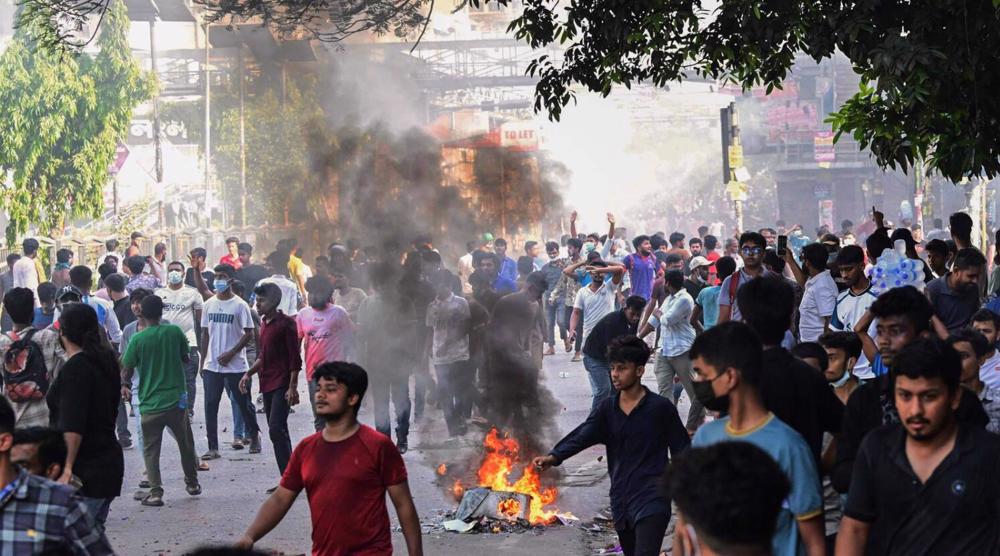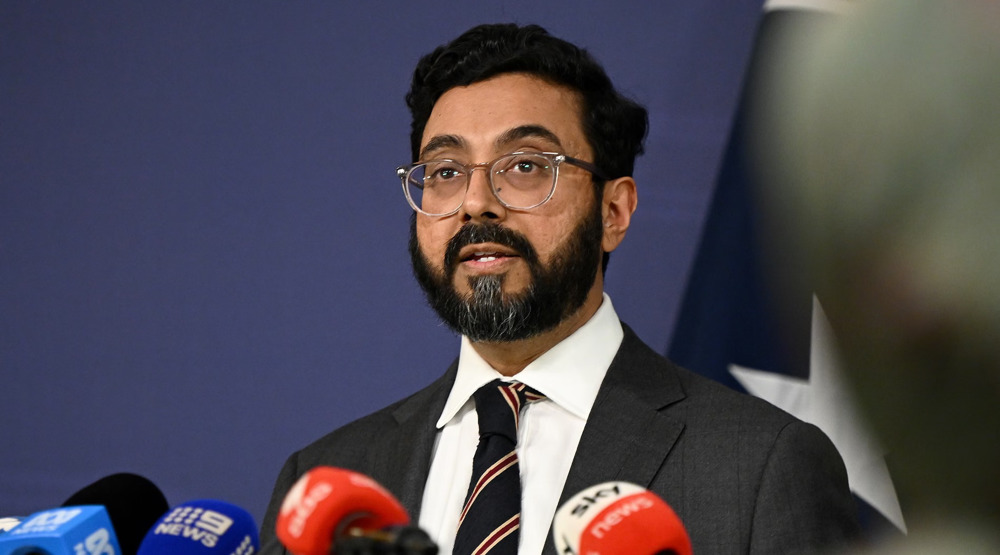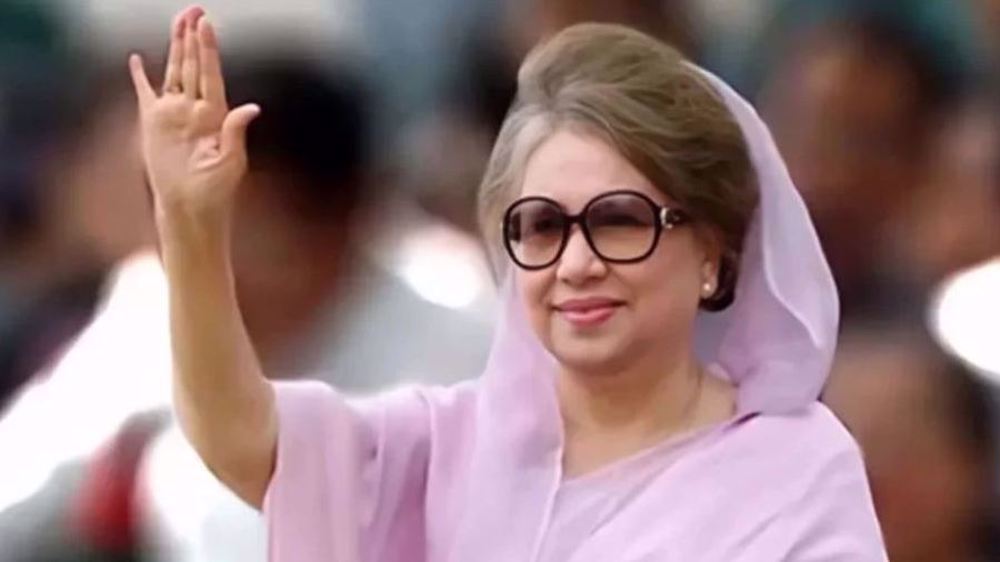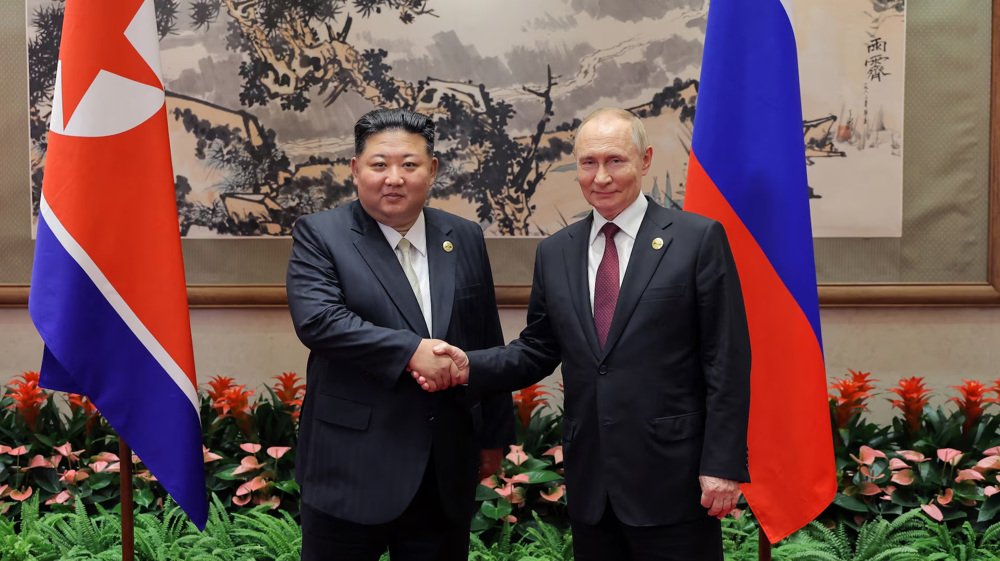Bangladesh imposes curfew, as death toll from unrest tops 100
Bangladesh has imposed a curfew and deployed military forces after police failed to control days of violent protests that have spread throughout the country.
The violent clashes between student demonstrators and police have killed at least 105 people, local media reported. At least 52 people were killed in the capital Dhaka alone on Friday.
Police fire was the cause of more than half of the deaths reported so far this week, based on descriptions given to AFP by hospital staff.
UN human rights chief Volker Turk said the attacks on student protesters were "shocking and unacceptable".
"There must be impartial, prompt and exhaustive investigations into these attacks, and those responsible held to account," he said in a statement.
The unrest poses a significant challenge to Prime Minister Sheikh Hasina's government after 15 years in office.
"The government has decided to impose a curfew and deploy the military in aid of the civilian authorities," Hasina's press secretary Nayeemul Islam Khan told AFP.
Khan added that the curfew would take immediate effect.
Police earlier banned all public gatherings for the day in Dhaka to prevent more violence in the sprawling megacity of 20 million people.
"We've banned all rallies, processions and public gatherings in Dhaka today," police chief Habibur Rahman told AFP.
He added the move was necessary to ensure "public safety".
Despite these measures by police and internet shutdown, students still clashed with each other.
"Our protest will continue," Sarwar Tushar, who joined a march in the capital and sustained minor injuries when it was violently dispersed by police, told AFP.
"We want the immediate resignation of Sheikh Hasina. The government is responsible for the killings."
Student protesters reportedly stormed a prison in the central Bangladeshi district of Narsingdi and freed its prisoners before setting the facility on fire.
Law enforcement in the capital previously announced that protestors had set ablaze, defaced, and conducted "destructive activities" at various police and government facilities.
Demonstrations against the 56% quota system in public jobs escalated in the South Asian nation this week, prompting the government to close educational institutions across Bangladesh.
As per the quota system, 30% of the 56% quotas in public jobs are allocated for the sons and grandsons of individuals who took part in Bangladesh's war of liberation against Pakistan in 1971.
According to reports, the Bangladeshi government has requested the military to provide security for the residence of Prime Minister Hasina.
The police statement said that if the destruction continued, they would “be forced to make maximum use of law.”
VIDEO | Press TV's news headlines
Hamas: Israel escalating ceasefire violations in Gaza
Venezuela's government declares unwavering unity behind Maduro
VIDEO | Global outcry over Venezuela president abduction
Iran keeps wheat import subsidies despite cutting other food supports
Venezuelan military stands with acting president after US kidnapping of Maduro
VIDEO | Press TV's news headlines
VIDEO | Protesters in Toronto slam US kidnapping of Venezuelan president










 This makes it easy to access the Press TV website
This makes it easy to access the Press TV website